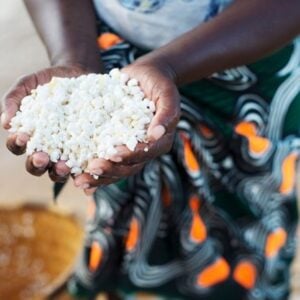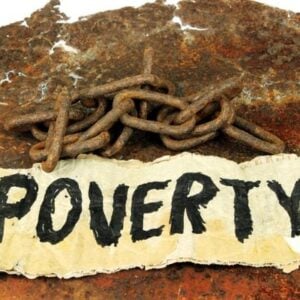Poverty in Kenya remains a pressing issue in 2025, with millions of people still unable to meet their daily needs despite steady economic growth. Families across the country face hardships such as food insecurity, inadequate healthcare, and limited access to education. The challenge is especially acute in rural areas and marginalized regions, where poverty rates remain far higher than in urban centers.
Recent statistics reveal the scale of the problem. Nearly 40% of Kenya’s population lives below the national poverty line, representing over 20 million people. Food poverty affects around 16 million, while 3.6 million live in extreme deprivation. Rural households are disproportionately affected, and counties like Turkana, Mandera, and Samburu report the highest poverty levels in the country. Vulnerable groups, including children, women, and youth, bear the greatest burden, with many unable to access sufficient nutrition, education, or economic opportunities.
The roots of poverty in Kenya are deeply interconnected. Economic inequality continues to limit upward mobility, with significant disparities between rural and urban households, men and women, and across regions. Barriers to education, particularly beyond primary school, leave many young people with limited prospects. High youth unemployment, health challenges, food insecurity, and climate shocks further deepen poverty and reinforce cycles of hardship.
Despite these challenges, community-led programs are providing practical and sustainable solutions. Bread and Water for Africa® has been working alongside Kenyan communities to address poverty through healthcare, education, feeding programs, and orphan care. Clinics supported by the organization provide affordable medical services to rural families, while education initiatives in Kibera and other regions ensure children can stay in school. Feeding programs help fight hunger and improve learning outcomes, and orphan care programs provide stability, education, and emotional healing for children who have lost their parents.
These efforts show the power of resilience and locally driven solutions. By supporting healthcare access, education, and food security, communities are finding pathways out of poverty. Stories from families and children benefiting from these initiatives highlight the progress being made and the potential for broader impact when support is sustained.
Ending poverty in Kenya requires long-term commitment and community-based models that empower families to build stronger, healthier futures. Organizations like Bread and Water for Africa® continue to play a crucial role, but lasting change depends on collective action. With continued support, Kenya can move closer to breaking the cycle of poverty and creating opportunities for all.






